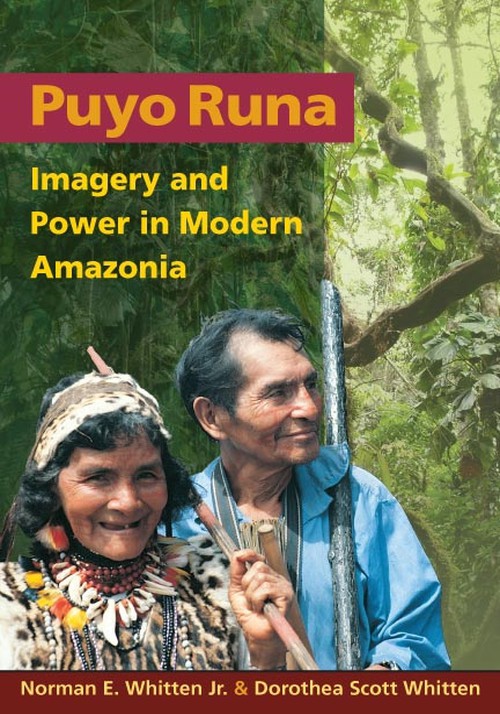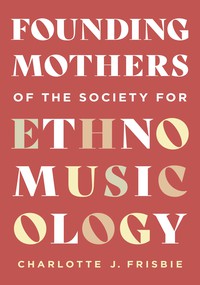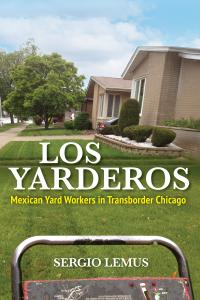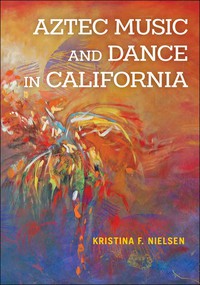
Puyo Runa
Cloth: 01/07/2008
About the Book
Ecuador derives much of its revenue from petroleum extracted from a vast Upper Amazonian rainforest that is home to ten indigenous nationalities. Norman E. Whitten Jr. and Dorothea Scott Whitten have lived among and studied one such people, the Canelos Quichua, for nearly forty years. In Puyo Runa, they present an ethnography of history, ecology, imagery, and cosmology to focus on shamans, ceramic artists, myth, ritual, and political engagements. Canelos Quichua are active participants in national politics, including large-scale movements for social justice for Andean and Amazonian people. Puyo Runa offers readers exceptional insight into this cultural world, revealing its intricacies and embedded humanisms.About the Author
Norman E. Whitten Jr. is a professor emeritus of anthropology at the University of Illinois at Urbana-Champaign. He coauthored and collaborated with Dorothea Scott Whitten, a former research associate at the Center for Latin American and Caribbean Studies at the University of Illinois at Urbana-Champaign, on numerous books and articles, including Millennial Ecuador: Critical Essays on Cultural Transformations and Social Dynamics.Also by this author

Reviews
"As a convincing and accessible account of one people's struggle to comprehend and overcome the challenges of colonial history and a tumultuous geopolitical moment, Puyo Runa stands as a powerful argument for the essential perspective that only long-term, rigorous, and imaginative ethnography can provide."--Anthropological Quarterly"This career capstone volume will be broadly useful for all social scientists as well as Latin Americanists. . . . Highly recommended."--Choice
“[Norman and Dorothea Whitten] have made major contributions in showing how esthetics, images, and mythohistory come together to define people, life-histories, and place (in the sense of philosopher Edward Casey) in Amazonian communities . . . . I recommend highly this book.”--Journal of Latin American and Caribbean Anthropology
“Constitutes one of the richest and far-reaching anthropological texts on Amazonian Ecuador. . . . An enjoyable and important read.”--Latin American Studies
“An impressive testimony to the decades of experience that its authors have in the region [and] an important work for all those interested in Latin American societies of any form, encompassing as it does a group from its history and cosmology right up to its influence at the very heart of a modern nation-state.”--Journal of the Royal Anthropological Institute
"A remarkably innovative enthnography."--Anthropos
"If there is a single book that is capable of condensing and addressing all of the issues of exchange, articulation with global economies, and ethnogenesis in Amazonia, it is Whitten and Whitten's book Puyo Runa.--Ethnohistory
Blurbs
"The Whittens have woven a compelling and enigmatic tapestry from their wide-ranging experience in Ecuador with threads of classic ethnographic fieldwork, narrative history, political observations, botanical details, personal memoir, and much more. It is a book, like all lasting reflections on foreign cultures, that evokes as much as it explains. And it explains a lot. How these stories take one into the Canelos world without rendering the people themselves exotic 'forest-dwelling' ciphers is a significant achievement. Puyo Runa is an exercise in ethnography as a way of life and as an art of knowing, and of telling, so that others, too, may 'see.'"--Kris Lane, author of Quito, 1599: City and Colony in Transition
"Puyo Runa has a relaxed storytelling style that expresses the authors' long familiarity with the region and people about whom they write. This book builds on the Whittens's earlier works, which were years--even decades--ahead of their time in presenting the Canelos Quichua as a people who possess a vibrant nonwestern culture based in a shamanic understanding of tropical forest ecology, and yet are at the same time deeply and often eagerly enmeshed in the modern history of Ecuador."--Mary J. Weismantel, author of Cholas and Pishtacos: Stories of Race and Sex in the Andes




